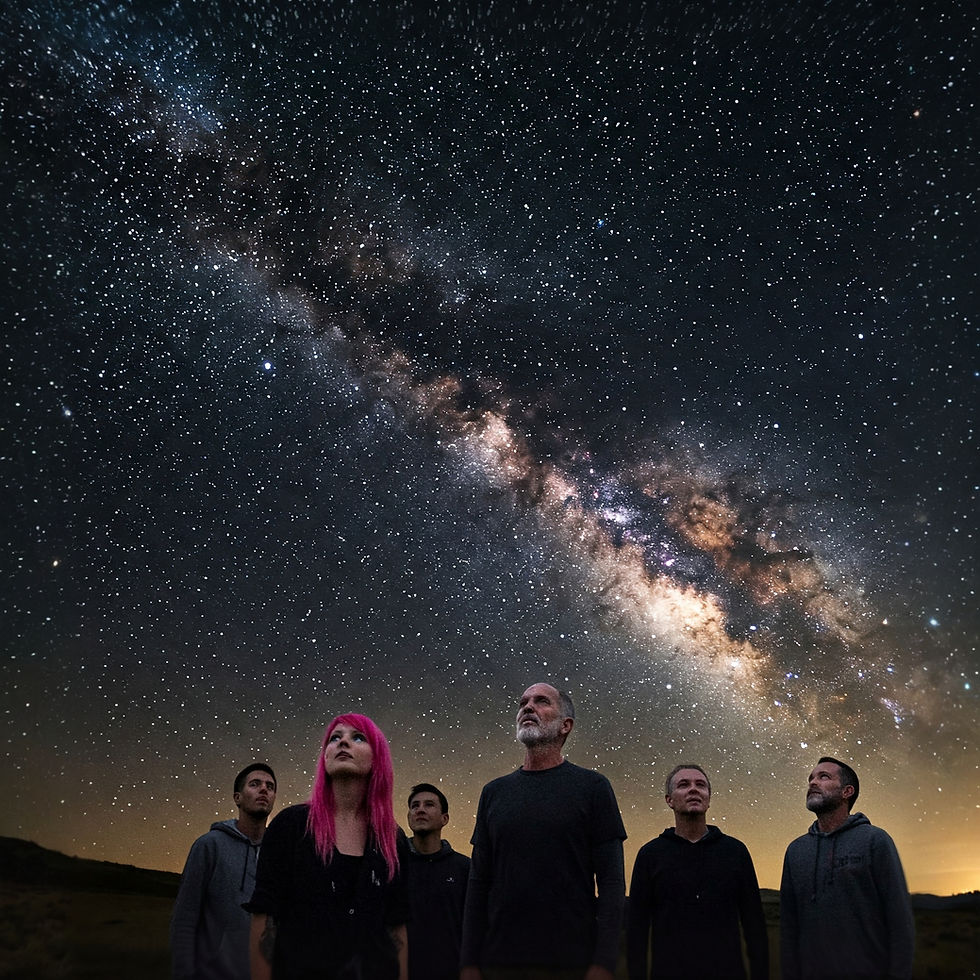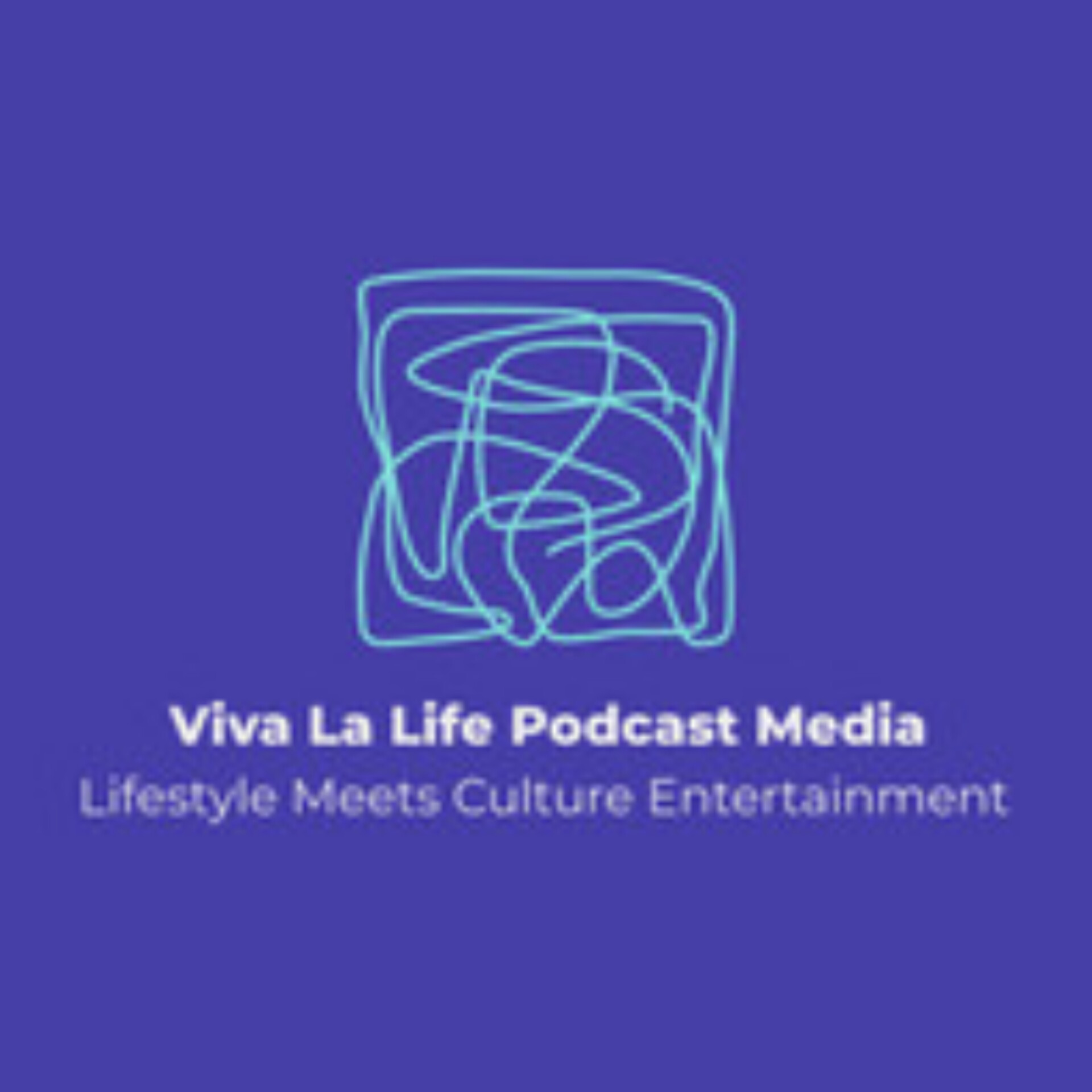Look Up: Why We Still Search the Stars (Even If Science Moved On)
- Ash Tonee
- May 17, 2025
- 3 min read
Hey Viva Fam,

Let's chat about something a little cosmic, a little human, and maybe a little… complicated. We've all looked up at the night sky and felt something – wonder, curiosity, maybe a tiny bit of "what does it all mean?"
For most of history, that feeling was tied to something we now call astrology. People studied the "Astros" – the sun, moon, planets, and stars – not just to track time or navigate, but to find meaning in their own lives, predict events, and understand their place in the grand cosmic dance. Astrology and astronomy were basically two sides of the same coin.
Then came the Scientific Revolution. Think Galileo with his telescope and Newton with his gravity. Suddenly, we had a powerful new way to understand the cosmos: through empirical evidence, mathematical laws, and testable theories. Astronomy blossomed into the science we know today, giving us incredible insights into the physical universe.
But this is where things got tricky. Astrology's claims – that the positions of planets at your birth shape your personality or that celestial alignments predict your future – didn't fit neatly into this new scientific framework. Science is all about provable evidence, and when astrology's predictive claims were put to the test, they didn't hold up consistently in a way that science could validate.
So, science and astrology went their separate ways. Astronomy became a rigorous science studying the physical universe, while astrology continued as a belief system, a tool for interpretation, and a personal practice.
Now, you might wonder, if science can't prove astrology, why do people still look to the stars for answers? This is where the fascinating "human aspects" come in. Science can absolutely study why people are drawn to astrology (and religion, for that matter). We're wired to seek meaning, to understand ourselves, and to feel connected to something larger. Astrology, with its rich symbolism and interpretive frameworks, offers many a compelling way to do that. It can provide a language for self-exploration, a sense of connection to cosmic cycles, and a framework for navigating life's ambiguities.
This brings us to a different, but often intertwined, way humans seek meaning: religion. Like astrology, religion isn't something you can prove with a science experiment. Faith, divine revelation, and the existence of a transcendent reality fall outside the scope of scientific measurement.
Interestingly, religion often has a complex relationship with astrology. Within many Christian traditions, for example, astrology has been viewed with suspicion or outright condemned. This isn't necessarily because it's not scientifically proven, but due to theological objections. Concerns about idolatry (attributing power to creation rather than the Creator), divination (seeking forbidden knowledge or guidance), and conflicts with concepts like free will and God's sovereignty have historically led many within these faiths to distinguish sharply between their belief in God and the practice of astrology.

It might seem, from the outside, that some faith traditions have developed intricate interpretations or "exceptions" within their own beliefs while applying a more "black and white" standard when judging external systems like astrology. And it's true that all complex belief systems, including religions and astrology, involve evolving understandings, interpretation, and development over time. Science does too, but the engine of that evolution is primarily new empirical evidence.
Ultimately, when we look at religion and astrology side-by-side as human phenomena, it's less about which one ranks "higher" and more about recognizing them as different paths people take to find meaning, understanding, and guidance. Religion often involves a strong emphasis on communal practice, institutional structures, and a comprehensive theological framework addressing broad questions of existence and morality. Astrology tends to be more focused on personal interpretation of celestial symbolism for self-understanding and navigating life's cycles, often practiced individually or in less formalized communities.
Think of it this way: both can be seen as different "languages" or "toolkits" that people use to make sense of the world and their place in it. Neither is a scientific textbook, but both speak to that fundamental human desire to look up, to connect, and to understand. Whether you find your answers in faith, in the scientific study of the cosmos, in the symbolic language of the stars, or in a combination of these, the journey of seeking meaning is a deeply human one that continues across all generations.
What are your thoughts? How do you navigate these different ways of understanding the world?







Comments